The Russian Central Bank believes there are few alternatives to the Chinese yuan for reserves, as currencies of other countries friendly to Russia pose risks.
The Central Bank of Russia said it "There is no better choice than China's yuan for reserves" after two years of the Russia-Ukraine conflict and subsequent international asset seizures.

In its annual report published on March 29, the Russian Central Bank said there are few alternatives to the Chinese yuan for use in reserves, as financial instruments from Russia-friendly countries "pose too many risks."
“The exchange rates of these currencies are highly volatile, the markets lack liquidity and some of these countries have restrictions on capital movements, which are obstacles to their use,” the report said. “These factors predetermine the key role of the Chinese yuan in forming a reserve asset.”
China has become increasingly important to the Russian economy as President Vladimir Putin seeks to reorient trade toward Asia and away from Europe following sanctions over the war in Ukraine. Trade with Beijing has been key to helping the Russian economy weather the sanctions, along with increased government spending.
According to the Central Bank of Russia, the role of the Chinese yuan in the international arena and its liquidity have "increased significantly" in recent years.
Last year, the yuan replaced the dollar as the most traded currency in Russia. Before the Russia-Ukraine conflict, the trading volume of the yuan on the Russian market was negligible.
As of March 22 this year, Russia's international foreign exchange reserves were $590.1 billion, down about $40 billion after two years of war, according to data from the central bank.
That figure includes $300 billion in reserves frozen by Western countries, which the bank says it is working to protect because it retains ownership of the assets.
In 2023, the value of Russia's reserves will increase slightly, but "The main factor behind this increase is the increase in gold prices in terms of the US dollar," Since Moscow launched a special military operation in Ukraine, the Russian Central Bank has not disclosed the composition of its foreign exchange reserves, instead reporting only the proportion of gold and foreign currency, the report said.
Source



















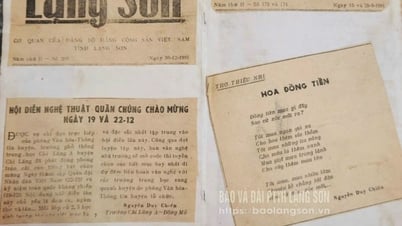



























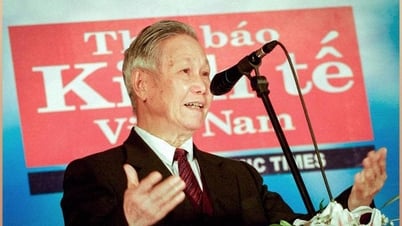

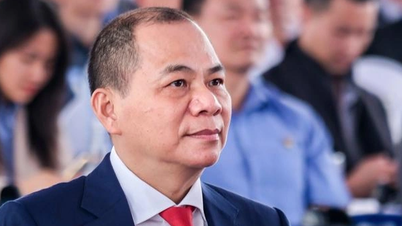









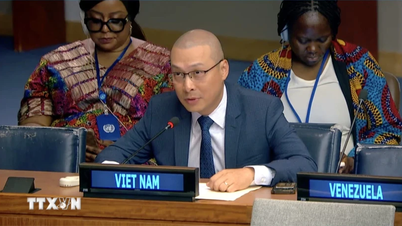



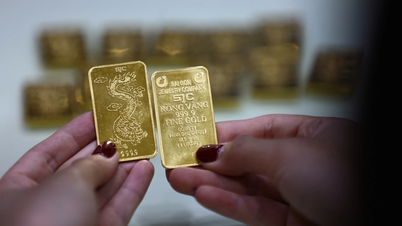
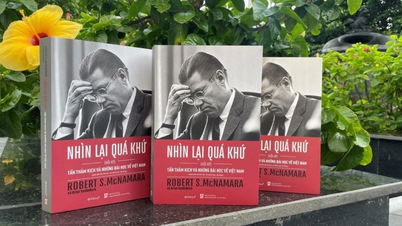










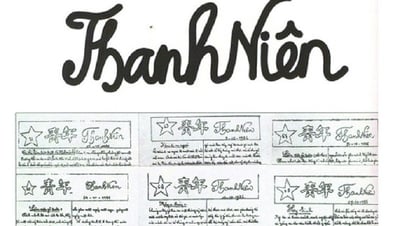

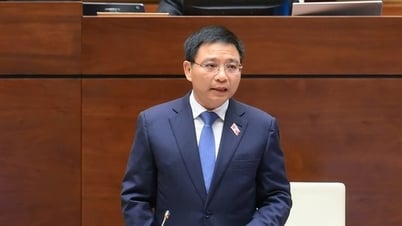

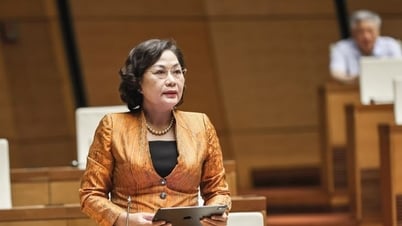


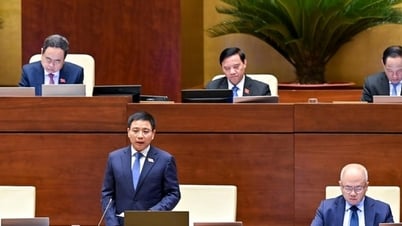










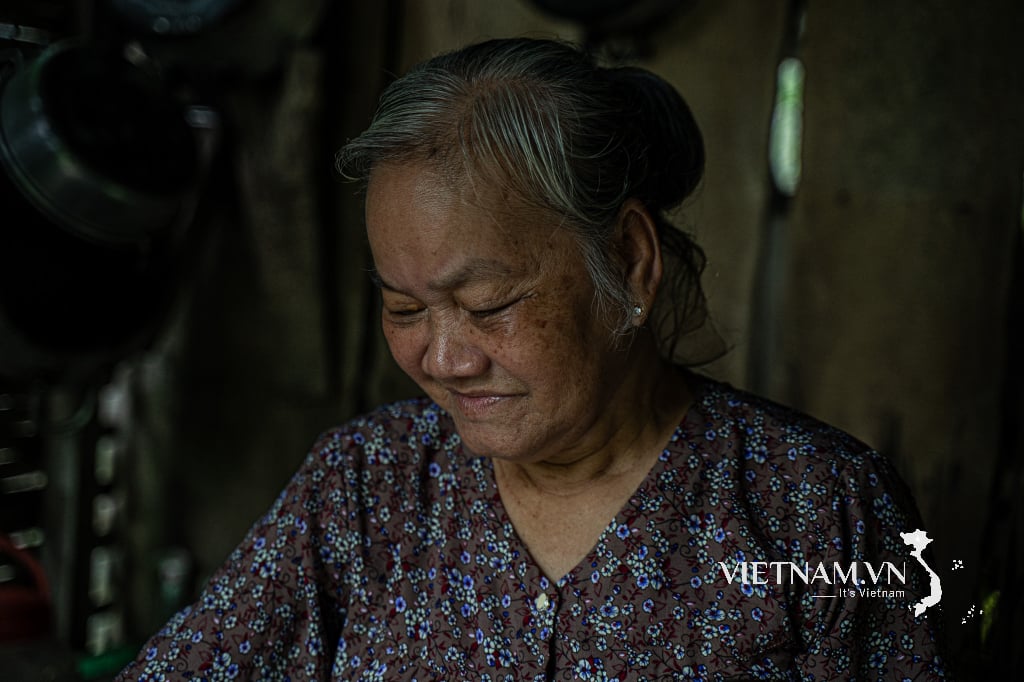



Comment (0)